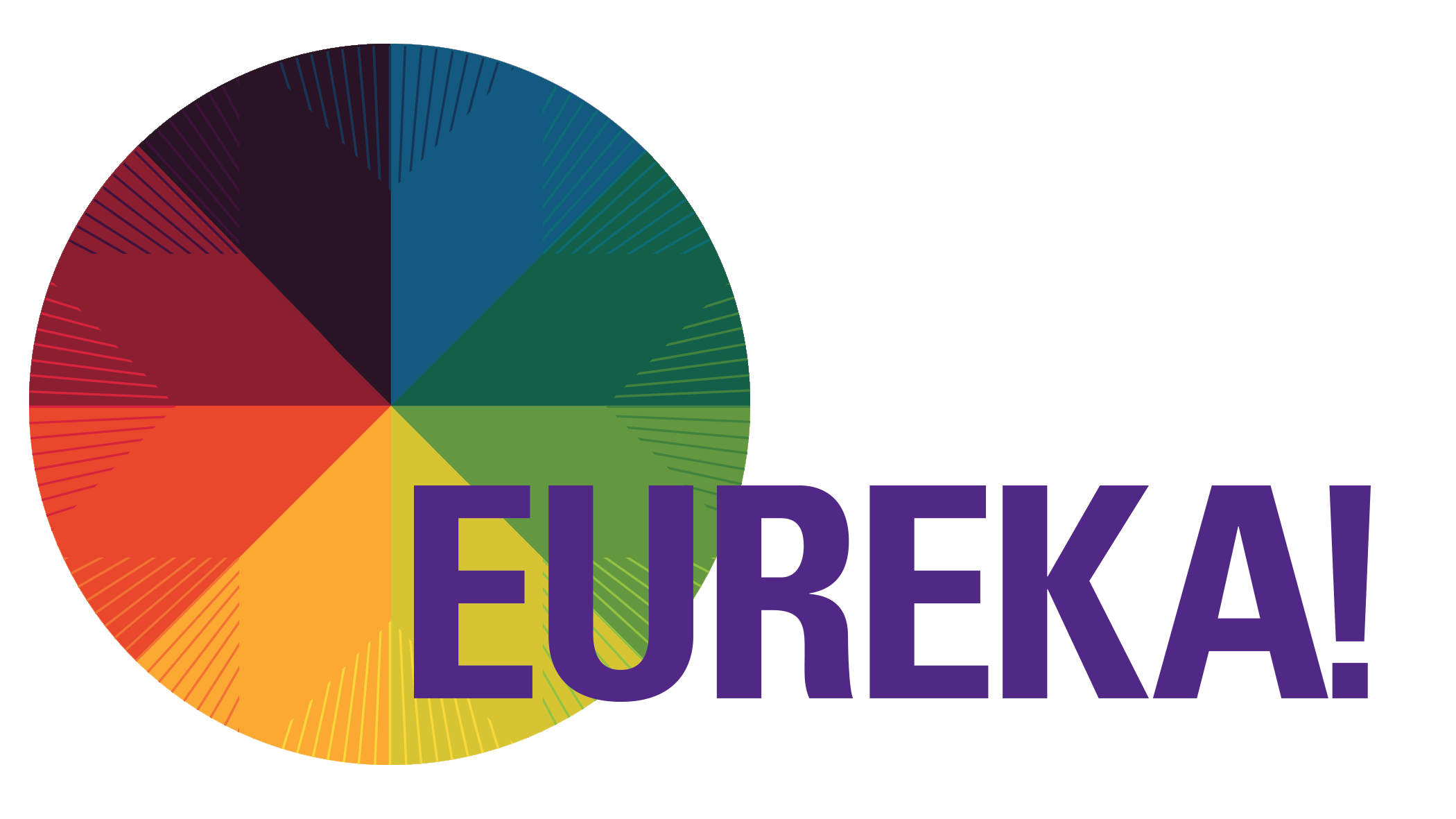Teaching the Junior Eureka Programme (Years 4-6)
It is fundamental to participation in this programme that teachers feel free to exercise as much creativity and flexibility as they need to ensure that students are fully engaged and excited about what they are doing
We believe teachers should aim to ensure students feel stimulated and challenged by participation and that they are keen to share what they have learned during the investigation (and possibly) observation stages of the programme
Programme Objective
That students have developed sufficient confidence in their understanding of an application of science and technology in their community that they can make a 4-5 minute speech/presentation to their classmates or to a larger audience
This approach assumes that students who investigate local applications of science and technology will be likely to develop an understanding of the benefits of science and technology on a daily or regular basis
By focusing on local applications the benefits will be real and clear for the students
Suggested approach
Identify an application
Group work (as a whole of class or small groups) to Identify local applications of science and technology which the students are keen to investigate – teacher-led or teacher-facilitated (depending on what stage of development the class is at)
Establish teams
Once potential local application(s) have been chosen the students should be grouped in teams of no more than 4 or 5 to undertake the investigation phase of the programme
Investigation (and Observation)
Fact gathering and analysis is a shared responsibility – much like in the real world of scientific and technological research and development
Writing the story
Having gathered the information students need to make a compelling story for their class mates.
The students then turn to the task of constructing/writing their presentation (N.B. it is important not to be too rigid about the time frame for the presentation but the presentations should cover the main headings)
Students should be encouraged to do this individually but it is acceptable for students to do this as a group activity to develop confidence in written and oral presentation skills and in the subject matter.
Doing the presentation
This is a suggested class activity. Ensuring that some students don’t speak too long may be an issue in some classes.
Encourage succinctness and brevity where appropriate
At the end of each presentation ask other students for helpful questions/comments to highlight the importance of peer review and collaboration
Achievement Certificates
Teachers will be supplied with sufficient quantities of Achievement Certificates to present to each student who has successfully delivered a presentation to their class-mates as part of the Junior Eureka Programme.
Certificates can be ordered by email from convenor@eureka.org.nz
Teachers could consider asking someone who has helped with the Junior Eureka activity (local Rotary Club, local business owner, Eureka Alumni mentor etc) to help with the presentation of Certificates

